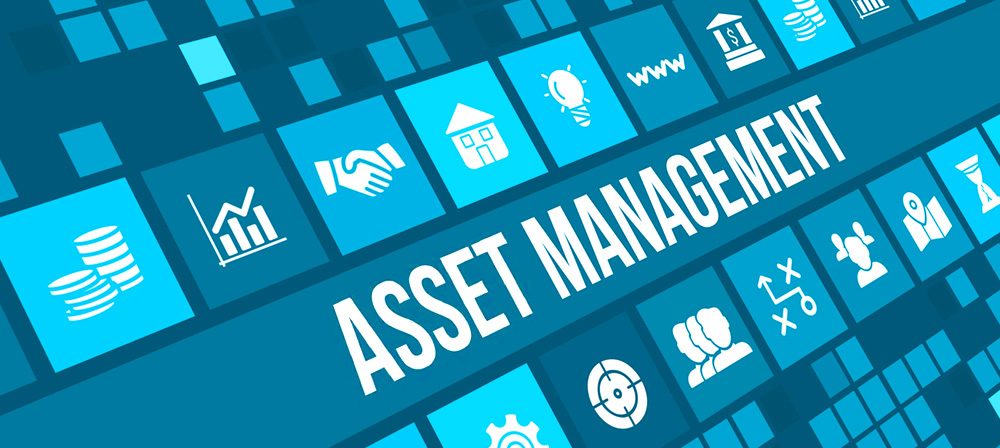As the name depicts, asset management dissertation topics focus on the financial aspects of assets and their management. Asset management research topics provide valuable information and knowledge to professionals in the field. Therefore, such research studies have dominant values in the market of asset management domain and the interest is ever-increasing. More related posts on Management dissertation topics, housing dissertation topics, portfolio management, and public administration.
Dissertation Topics Brief Service
At dissertation-help.co.uk, we offer a comprehensive Dissertation Topics Brief Service to help you select a suitable dissertation topic. Our expert writers can help you generate ideas and outline a detailed topic brief of 500 words. This service ensures that you are headed in the right direction for your dissertation, with a clear and focused topic that meets academic standards.
Paid Topic Consultation Service
You will get the topics first as per the given requirements, and then the brief which includes;
- An explanation why we choose this topic.
- 2-3 research questions.
- Key literature resources identification.
- Suitable methodology with identification of raw sample size, and data collection method
- View a sample of topic consultation service
Download Sample Dissertations
Before you start working on your own dissertation, it’s helpful to take a look at some sample dissertations. Our collection of sample dissertations covers a wide range of civil law topics and can give you a better understanding of how to structure and write your own dissertation.
You can download free dissertation samples and topic briefs to get an idea of how to approach your topic and craft an engaging dissertation. This can serve as inspiration and guidance throughout your research process.
The best list of Asset Management Dissertation Topics for college students
Take a look at the following list of asset management thesis topics and see if you find some topics of your interest:
1. Technology and Innovation in Asset Management
- The Impact of Artificial Intelligence on Asset Management Strategies
- The Role of Blockchain Technology in Modern Asset Management
- Digital Transformation in Asset Management Firms: Opportunities and Risks
- The Role of Big Data in Enhancing Asset Management Performance
- The Role of Machine Learning in Predictive Asset Management
- Digital Asset Management: Potential Challenges and Opportunities
- Importance of Real-Time Equipment Monitoring (RTEM) in Developing Asset Management Models
- The Role of Technology in Enhancing Transparency in Asset Management
- The Impact of Technological Disruption on Traditional Asset Management Models
- The Role of AI in Personalized Asset Management Services
2. Sustainable and Ethical Asset Management
- Sustainable Asset Management: Balancing Profit and Environmental Responsibility
- The Influence of ESG Factors on Asset Management Decisions
- Asset Management in the Age of Climate Change: Adaptation Strategies
- Sustainability in Asset Management: The Role of Green Bonds
- Ethical Considerations in Asset Management: A Growing Concern
- Ethical Asset Management: Balancing Profit with Purpose
3. Strategic and Risk Management
- Risk Management in Asset Allocation: A Comparative Study
- Optimization of Maintenance Investment Decision in Asset Management
- Asset Management and Variable Proportion Portfolio Insurance: A Systematic Analysis
- The Role of Artificial Intelligence in Risk Management for Asset Managers
- Impact of Geopolitical Risks on Asset Management Strategies
- Decision-Making in Asset Management: Focus on Information and Intuition
4. Economic and Market Influences
- Asset Management in the Post-COVID Era: Challenges and Opportunities
- Impact of Regulatory Changes on Asset Management Practices
- Impact of Interest Rate Changes on Fixed-Income Asset Management
- Impact of Currency Fluctuations on International Asset Management
- Impact of Economic Sanctions on Global Asset Management Practices
- The Impact of Brexit on European Asset Management Firms
- The Impact of Globalization on Asset Management Practices
- Impact of Economic Crises on Asset Management Strategies
- The Influence of Macroeconomic Factors on Asset Management Decisions
5. Asset Classes and Portfolio Management
- The Effectiveness of Passive vs. Active Asset Management
- The Growing Importance of Alternative Assets in Diversified Portfolios
- The Role of Real Assets in Portfolio Diversification
- Impact of Digital Currencies on Asset Management Strategies
- The Role of Derivatives in Modern Asset Management
- Asset Management Strategies for High-Net-Worth Individuals
- The Role of ETFs (Exchange-Traded Funds) in Modern Asset Management
- The Evolution of Index Fund Management in the Asset Management Industry
6. Sector-Specific Asset Management
- Real Estate Asset Management: Trends and Future Directions
- Asset Management in the Mining Industry: Focus on Performance-Based and Risk-Informed Domains
- Sewer Asset Management: Planning and Implementation of Structured Approaches
- Asset Management in Metro Systems: Potential Challenges and Opportunities
- Urban Flood Control and Asset Management: A Cloud-Based Smart Approach
- Asset Management in the Energy Sector
- Asset Management in the Food and Beverage Industry
- Asset Management in the Logistics and Supply Chain Industry
- Asset Management in the Transportation Infrastructure: Issues and Opportunities in China
- Climate Change Management and Asset Planning: Focus on Cities of China
7. Specialized Organizational and Institutional Topics
- Private Equity and its Role in Asset Management
- Challenges in Asset Management for Family Offices
- The Role of Asset Management in Pension Fund Performance
- The Role of Sovereign Wealth Funds in Global Asset Management
- Challenges and Opportunities in Cross-Border Asset Management
- The Role of Asset Management in Corporate Governance
- The Evolution of Wealth Management and its Integration with Asset Management
- Financial Asset Management Companies: A Comparative Analysis of UK and USA
- Public Sector and Municipal Property Asset Management: Comparative Studies
- Capital Asset Management and Abandonment Value: A Systematic Analysis
8. Behavioral and Human Factors
- Behavioral Finance and Its Implications for Asset Management
- The Role of Behavioral Biases in Asset Management Decisions
- Impacts of Psychological Capitals on Asset Management
- The Influence of Demographic Changes on Asset Management Strategies
- The Role of Employee and Board Competencies in Asset Management Performance
- Studying Customer Relationships as Assets in the Retail Banking Sector in the UK
- Investigating the Professional Competencies Needed in Engineering Asset Management
9. Performance and Strategy Evaluation
- Analyzing Asset Management Strategies in Times of Market Volatility
- Measuring the Performance of Corporate Real Estate Asset Management
- Investigating the Effects of Asset Management Practices on Project Cost
- Studying the Roles of Executive Boards in Enterprise Information Asset Management
- Asset Management and Utility Industry: Analysis of Present Positioning and Future Directions
- Comparative Analysis of Municipal Property Asset Management in the UK and Russia
- Trends in Asset Management Outsourcing: Pros and Cons
- Challenges in Managing Illiquid Assets in a Diversified Portfolio
Customized Asset Management Dissertation Help
Writing a asset management dissertation can be challenging, but we’re here to help! Our services include:
- Custom topic selection and proposal writing.
- Full dissertation writing from scratch by experienced professionals.
- Free revisions and consultations to ensure your work meets academic standards.
Start Your Dissertation Journey Today:
FAQs for Asset Management Dissertation Topics
Q1: What is asset management, and why is it important for my dissertation?
Asset management is about taking care of things like money, properties, or investments to make them more valuable over time. It’s important because it shows how businesses or people can manage their resources wisely. This topic is useful for real-world problems, making your dissertation valuable and practical.
Q2: How do I choose a good topic for my asset management dissertation?
Pick a topic that solves a problem or answers a big question. For example, you can look at challenges like how small businesses can manage money better or how technology like AI helps in investments. Choose something you’re interested in and where you can find enough information.
Q3: What if I struggle with research or don’t find enough information?
Many UK students face this issue. Start with simple sources like online articles, library books, and research papers. Speak to your professor or advisor for guidance. If you’re stuck, try narrowing your topic. For example, focus on one industry, like real estate or renewable energy, instead of a general area.
Q4: How can I make my dissertation stand out?
Write about real problems students or businesses face in the UK. For example, explore how inflation affects investments or how asset management can help young people save for the future. Use real examples, data, and solutions to make your work unique and helpful.






